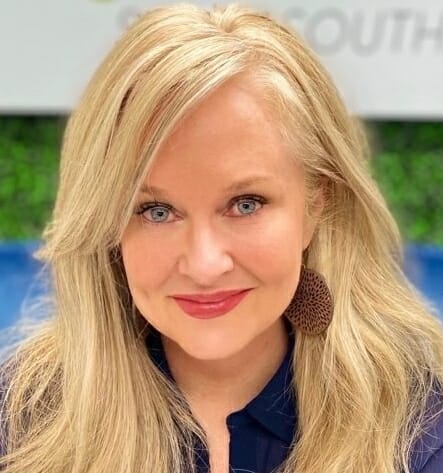“I am close to autistic people and others with ailments similar to yours and none of them draw attention to themselves the way you do on a daily basis. 99% of the comments you get are positive but I can’t bite my tongue anymore. There are other/better ways to bring awareness. You can take action and change yourself but be a little more discreet.”(DV)
This is a comment in response to one of my advocacy posts, made by someone I had considered a friend.
I used to be more discreet. Most people in recovery still practice discretion. They privately share stories of their self-loathing, shame, and feelings of personal failure.
Some seek treatment, but most never do. Many will never even step into an environment full of peers for fear of being “found out.”
My former friend’s words, while directed at my own public advocacy, could apply to any group of marginalized people.
The LGBTQ+ community living under a “Don’t ask, don’t tell” policy. They can take a bullet for their country as long as they stay discreet about who they are.
Discretion would mean hiding the partners of your choosing, staying compliant with traditional gender roles, and being quiet when you see injustice among your peers so no one finds out you’re like them. Discretions means living a life against your will chosen for you by people who are not you.
Survivors of domestic violence and rape are always the ones put on trial when they do try to share their stories. Nobody wants to hear what they have to say because it’s ugly, painful, and “damages” the reputation of those who committed the acts of violence.
Discretion means not pursuing legal action when their rights are violated because unfortunately when this is done it’s always going to be public. Discretion means to not leave abusive marriages or take your children away from an unsafe home because other people will find out.
Pre-Holocaust, the Jewish community was told to be more discreet. If they blended in, practiced their religion in private, and even changed their names, they were far less likely to be targeted. Discretion meant they could survive, but never thrive within their communities.
Discretion stigmatizes. Discretion stifles. Discretion kills.
There are so many brave soldiers sharing the pain of their journey in hopes of creating triumphs among their communities. Being discreet would have meant no Women’s Rights Movement, no Civil Rights Movement, no LGBTQ+ movement, no Black Lives Matter movement, and countless others.
Discretion doesn’t ignite change. To be asked to be discreet is to be told you should be ashamed of who you are and what you are going through. Discretion isn’t for the person forced to practice it, it’s for making everyone else around them feel more comfortable.
I hope someday when the neurodiverse people in my former friend’s life decide they want to share their journey and join the movement, he doesn’t respond by telling them they should be more discreet.
Laura Kaponer is a mental health advocate and blogger, as well as a volunteer with the local chapter of NAMI. You can find her on social media by searching #Laurakaponeris1in5.








